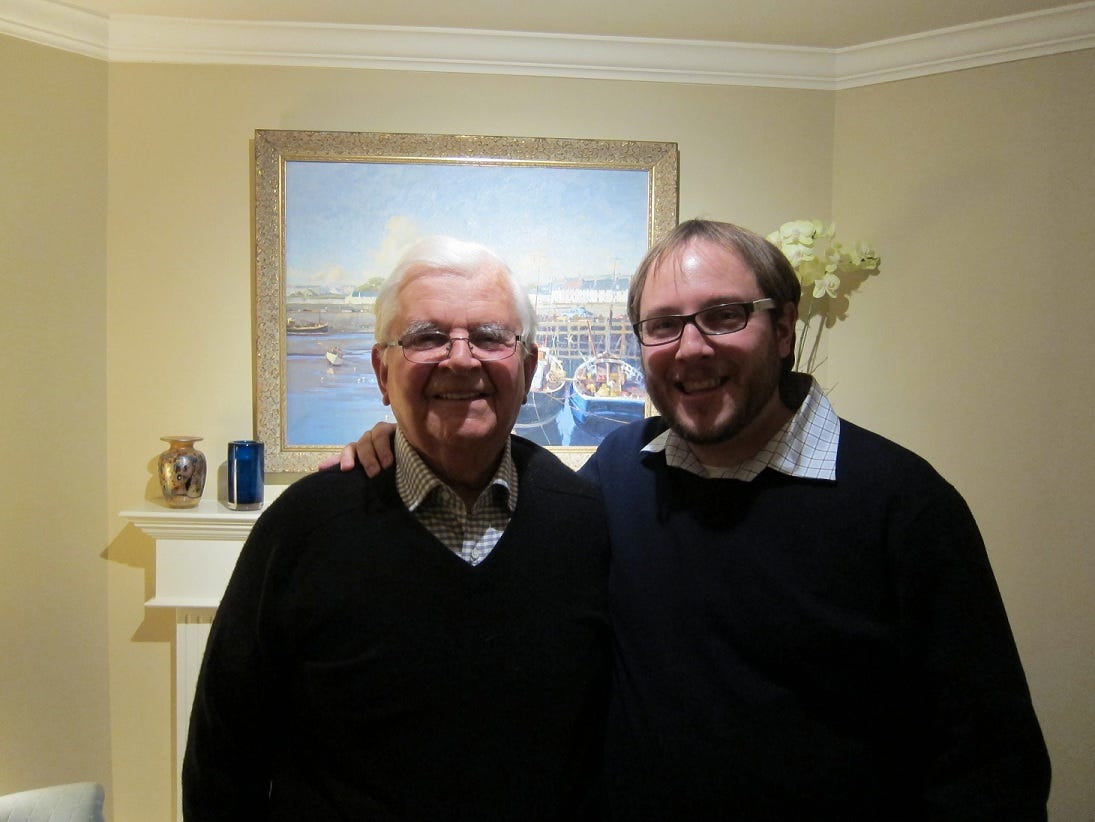For those of you who have read The Way of the Dragon or the Way of the Lamb, you know about the “pilgrimage” Jamin Goggin and I took to interview folks about the way of Jesus. We wanted to meet with the deepest and most profound people we could find on the question of power. What does it mean to be a powerful Christian?
The problem today is that most folks I meet fall into two camps concerning power: on one side, they simply refuse to talk about it. Like a child who holds her hands over her ears and starts singing whenever you bring up a topic, these people simply reject the fact that this issue dominates everything they do. On the other side, however, are folks who demonize power, even while they assume it. The problem, in their mind, is that power is bad.
Both are foolish.
When we are told that God’s “power is made perfect in our weakness” (2 Cor. 12:9), the assumption is that there is such a thing as good power. The problem with the second group mentioned above is that most assume that toxic power is the only kind of power there is. They can only imagine power in worldly forms. But as MLK was quick to remind anyone listening, love is power. God’s power is not toxic power, but a different power altogether.
What should be obvious about this is that the biblical conception of power changes everything. Nothing is held back from its influence. Everything you do, from worship, to shopping, to spending your time, to evaluating “success,” is determined by your view of power. If your view of power is wrong, it will warp everything you touch.
It would be impossible for me to describe what it was like sitting at the feet of these blessed sages of the way of Jesus. I go back to these conversations in my mind a lot. Perhaps, more than any other interview, I go back to our time with James Houston (this picture is from Jim and Rita’s place in Vancouver).
One of the reasons I consider this time more than the others, I think, is that we spent several days with Jim and his wife Rita. [If you want to read about the powerful interaction we witnessed between the two of them, in the midst of Rita’s dementia, read our post over on Ann Voskamp’s site here.] Because we were able to share life with them a bit, we were able to engage on a much more personal basis.
In our conversations with Jim, he would often reflect on the impact his own mentor had on him. He was mentored by C. S. Lewis. He and Lewis were both at Oxford together and would regularly meet. [As an aside, when I first heard this it was difficult to process. I couldn’t believe that C. S. Lewis was still close enough to our time for people to be alive who still knew him!]
War-Work
One of the lessons Jim learned from C. S. Lewis was the idea of “war-work.” War-work, he told us, was the work you were thrust into when wartime hit. You were not an expert in war-work. War-work wasn’t your vocational calling. For Jim, when he was at the University of Edinburgh, his war-work was being a fireman. When incendiary bombs landed on the roof, it was his job to go and put them out!
War-work was Lewis’ analogy to the Christian life. When we become Christians, we are given spiritual callings that are not about our expertise, savvy, or ability. Spiritual gifts are not natural gifts, as Paul makes clear in 1 Corinthians 12. We are not called to become professional teachers, professional pastors, or professional interpreters. We are called to be Spirit-filled people who know God’s power in and through their lives as they know and embrace the truth of their weakness. God’s power is seen, and we should be increasingly humbled by his grace.
In my church we have professional musicians who happened to play on the worship team - but they are not professional worship leaders. We have professional professors who happen to preach - but there are no “professional” preachers. We have people who, for a living, speak in front of people, who shepherd our service along - but there are no professional hosts. Put differently, church is amateur-hour, because in church we are all embracing our war-work.
Life in the family of God is just this kind of life. It is not a professional life. It is a life of being children of our heavenly Father, who, as brothers and sisters, offer ourselves to the life of the body, so that all can hold “fast to the Head, from whom the whole body, nourished and knit together through its joints and ligaments, grows with a growth that is from God” (Col. 2:19). The callings we all receive are callings into our weakness, to “present our bodies as living sacrifices” (Rom. 12:1).
I wonder what war-work the Lord is calling you into? Have you looked at your calling and thought it was too far beyond your abilities? Have you felt fainthearted when you considered the kind of work that is before you?
Remember, war-work is work you are called into, not because of your ability, but because you are available, open, and willing to give yourself for the cause of Christ. This work is established in him and by his Spirit, and not by your savvy.
Rest in the fact that he calls you in light of the work he has done, and not because of your ability. Rest in the fact that you are called to walk by faith and not sight.





